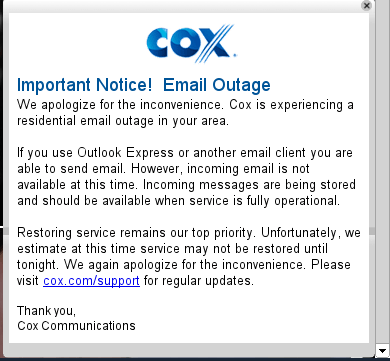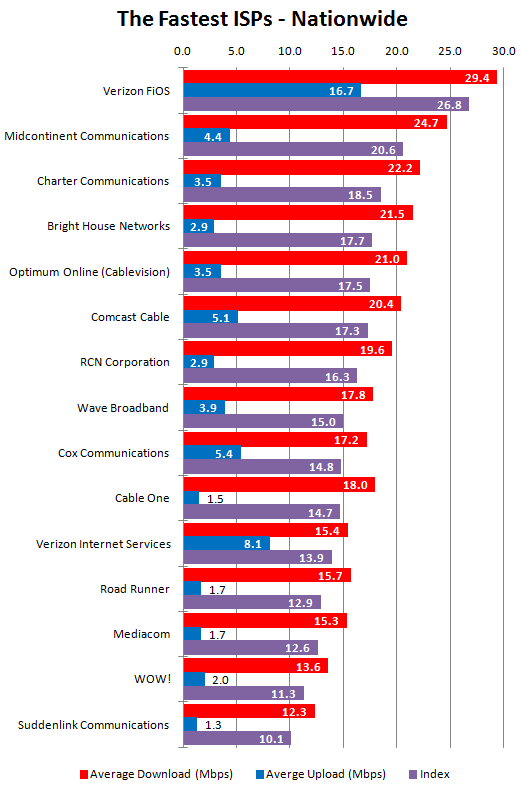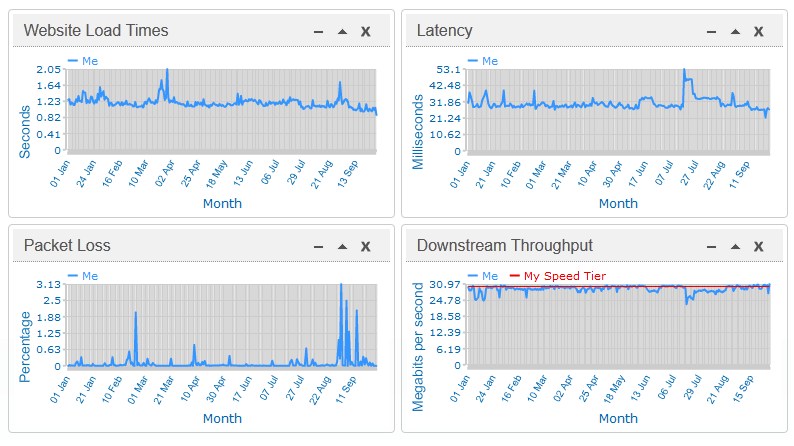 Cox Cable, on the heels of announcing another rate increase, is earning customer ire for downright nasty customer service.
Cox Cable, on the heels of announcing another rate increase, is earning customer ire for downright nasty customer service.
Customers dealing with two different service blackouts and a flood have gotten a thumbs-down response from Cox when looking for some service credits and understanding.
‘We don’t give refunds,’ came the reply from one customer service agent called by Stop the Cap! reader Jennifer from Providence, R.I. Her service went out in mid-December after a burst water pipe in the neighborhood flooded their home, making in uninhabitable until a mold mitigation team completed repairs. After fleeing to stay with relatives, it suddenly dawned on Jennifer that Cox Cable kept her waiting on hold so long, she hung up and forgot to call them back.
“All I needed to do was notify them we were not going to be using our Cox service for about a month and we needed to suspend our account,” Jennifer tells us. “When I finally got a customer service agent, the first thing I heard was him blowing his nose several times before he finally introduced himself.”
The surly agent was not interested in Jennifer’s plight or her request to suspend service.
 “Your flooding problems are yours to solve and we can’t help you with suspending service unless you are going away for much longer than that,” came the reply. “And we are certainly not able to give you a refund either. It isn’t our fault.”
“Your flooding problems are yours to solve and we can’t help you with suspending service unless you are going away for much longer than that,” came the reply. “And we are certainly not able to give you a refund either. It isn’t our fault.”
Jennifer was stunned at the nasty attitude she got, especially after other companies were far more understanding.
“I had nothing but sympathy from Verizon, the power company, and even the newspaper which we also stopped,” she says. “Cox could not have cared less and we did not even create the problem.”
Cox customers in Ohio also got the same special touch from Cox’s representatives.
Rev. Dave Connor from Lakewood was looking for a $1.50 credit for a few local channels that were stripped off his cable lineup because of yet another carriage-for-money dispute. Raycom wanted more cash for its two local channels and Cox did not want to pay so off they went from the lineup, at least temporarily. But the cable operator did not want to give any refunds for the missing channels customers had been paying to receive.
It took several escalating phone calls before Cox finally relented to a one-time credit, putting a sour taste in the Rev. Dave’s mouth.
“Some ‘friend in the digital age,’” he told the Lakewood Patch, referencing the company’s ad slogan.
Before others got the idea they deserved a refund as well, Dana Alexander Nolfe, director of communications for Cox, hurried out to let customers know they can just forget it.
Nolfe told the Patch the refund granted Connor was a one-time “gesture of goodwill,” adding no one else will likely be given a similar refund.
“We are not crediting our customers as a result of the Raycom dispute,” Nolfe said. “We offer a package of channels, not individual channels on our lineup. We regularly make changes to our lineup, mostly with additions, but at times, regrettably, when a channel is removed from our lineup.”
Ian King called Cox “the worst,” noting the company refused refunds for customers left without service for days after the remnants of Hurricane Sandy meandered across Ohio.
“Cox is nothing but a PR campaign that constantly tells us how wonderful they are, but in reality they could care less,” King said.
Jennifer says she won’t forget.
“After we move back, one of the first things I will be doing is dropping them and their smug representative on their heads.”



 Subscribe
Subscribe Cox Cable,
Cox Cable,  “Your flooding problems are yours to solve and we can’t help you with suspending service unless you are going away for much longer than that,” came the reply. “And we are certainly not able to give you a refund either. It isn’t our fault.”
“Your flooding problems are yours to solve and we can’t help you with suspending service unless you are going away for much longer than that,” came the reply. “And we are certainly not able to give you a refund either. It isn’t our fault.” Cox Cable customers in Arizona, Florida and beyond face a significant rate hike for cable, broadband, and phone service in 2013 according to a notification from the company. Rates are going up for most individual services, although customers in selected package bundles or on promotions will avoid increases for now.
Cox Cable customers in Arizona, Florida and beyond face a significant rate hike for cable, broadband, and phone service in 2013 according to a notification from the company. Rates are going up for most individual services, although customers in selected package bundles or on promotions will avoid increases for now.


